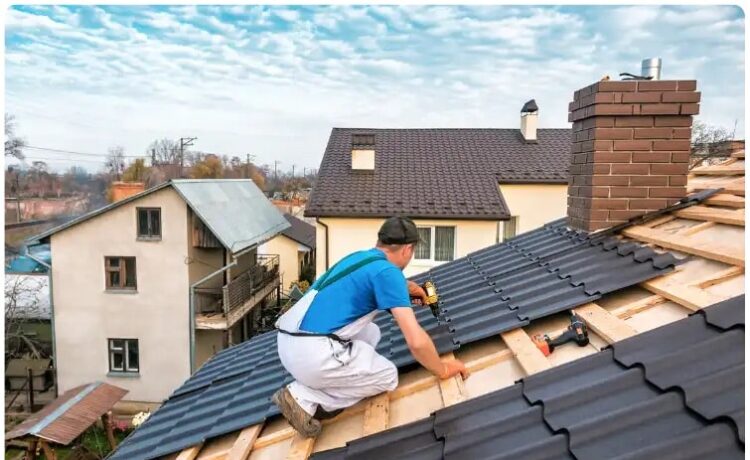Securing your home with a sturdy roof you’re in need of repairs or a full replacement, finding the right roofing contractor is crucial. Are you dealing with a few missing shingles, or is there significant structural damage? A thorough inspection by a qualified professional can help determine the extent of the work required. This assessment will give you a better idea of the costs involved when you communicate your needs effectively to potential contractors.
Researching potential contractors
Once you have a grasp of your roofing needs, it’s time to start researching potential contractors. Online reviews and testimonials can be helpful but don’t rely solely on these. Ask friends, family, and neighbours for recommendations based on their personal experiences. A Prosper TX Roofer with a strong local presence and positive word-of-mouth referrals is often a good choice for homeowners in the area.
Verifying credentials and insurance
When you’ve narrowed down your list of potential roofing services, it’s crucial to verify their credentials. Ensure that the contractor is licensed to work in your state and carries proper insurance coverage. This includes both liability insurance and workers’ compensation. A reputable Prosper TX roofer will be happy to provide proof of these documents upon request. Don’t hesitate to contact the insurance company directly to confirm the policy is current and adequate for your project.
Getting detailed written estimates
Before making a final decision, obtain detailed written estimates from at least three different contractors. These estimates should include a breakdown of materials, labour costs, and a projected timeline for completion. Be wary of any contractor who provides a significantly lower bid than the others – this could be a red flag indicating subpar materials or quality. Remember, the cheapest option isn’t always the best when it comes to protecting your home.
Warranty and maintenance agreements
A quality roofing job should come with a warranty on both materials and quality. Some contractors may also offer maintenance agreements, which can be beneficial for long-term roof care. These agreements often include regular inspections and minor repairs, helping to extend the life of your roof and catch potential issues before they become major problems.
Planning for the unexpected
Even with thorough planning, roofing projects can sometimes uncover unexpected issues once work begins. It’s wise to set aside a contingency fund of about 10-20% of your project budget to cover any unforeseen repairs or complications. Discuss with your contractor how such situations will be handled and ensure that any changes to the scope of work are agreed upon in writing before proceeding.
Preparing your property
Before the roofing work begins, take steps to prepare your property. Clear the area around your home of vehicles, outdoor furniture, and potted plants. Inside, remove any fragile items from walls and shelves, as the vibrations from roofing work can sometimes cause things to fall. If you have a satellite dish or antenna on your roof, arrange for it to be removed and reinstalled after the roofing work is complete.
Communication is key
Throughout the roofing process, maintain open lines of communication with your contractor. Establish a primary point of contact and discuss the best way to reach each other. Don’t hesitate to ask questions or voice concerns as they arise – a reputable contractor will appreciate your engagement and address your concerns promptly.
Final inspection and cleanup
As the roofing project nears completion, schedule a final walkthrough with your contractor. Pay attention to the overall appearance of the roof, as well as details like flashing around chimneys and vents. The contractor should also perform a thorough cleanup of your property, removing all debris and stray nails. A magnet sweep of the area can help catch any metallic objects that might have been missed.






